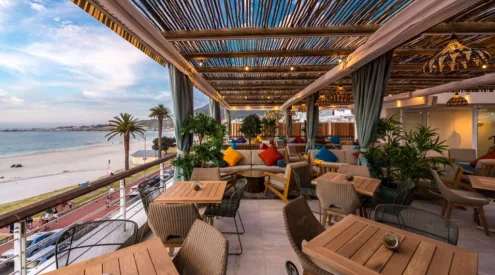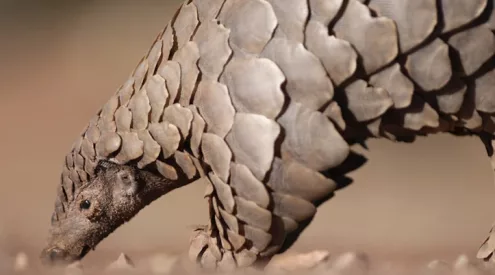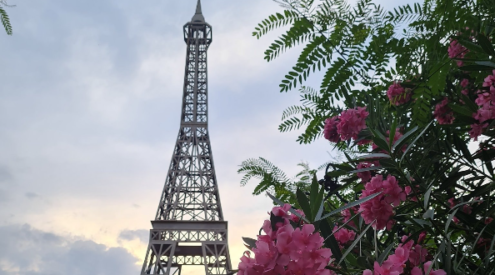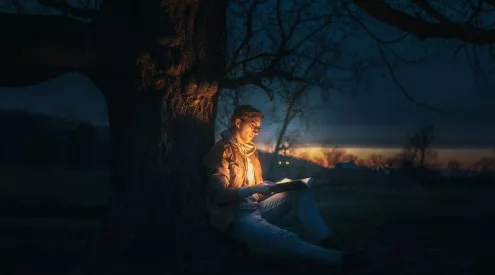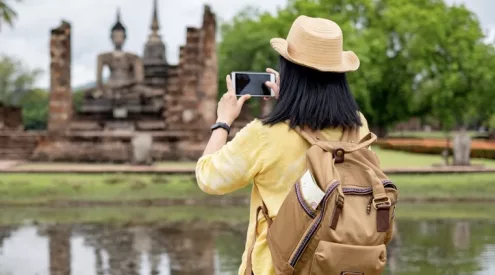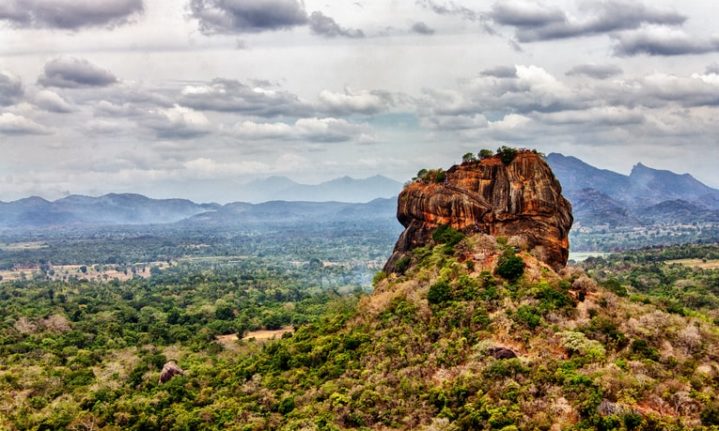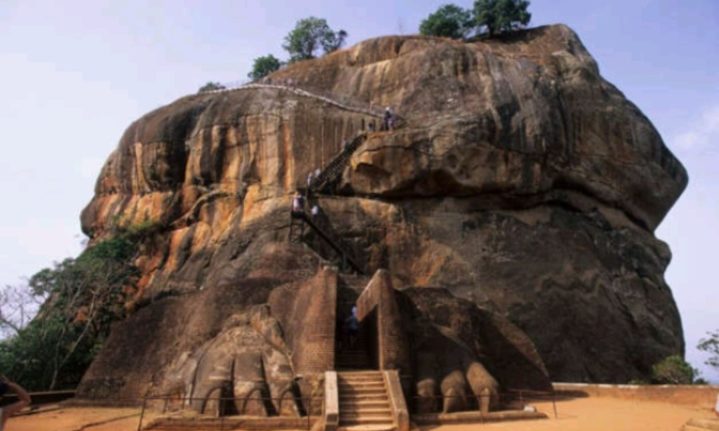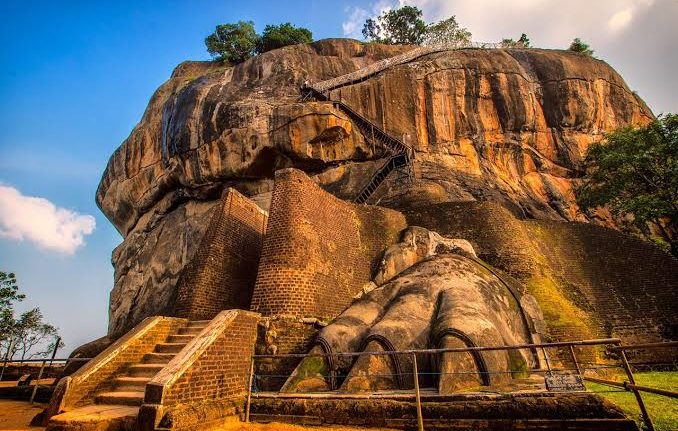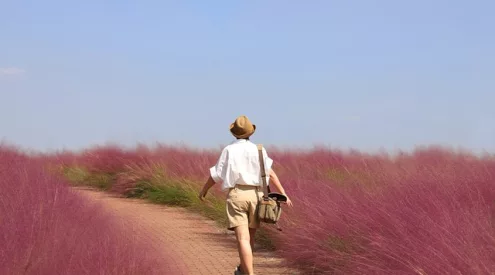Sigiriya in Sri Lanka ranks 7th and is the last destination on Bloomberg‘s list of ‘new’ Seven World Wonders. Sigiriya is located on top of a massive rocky plateau 370 m above sea levels between the two towns of Dambulla and Habarane.
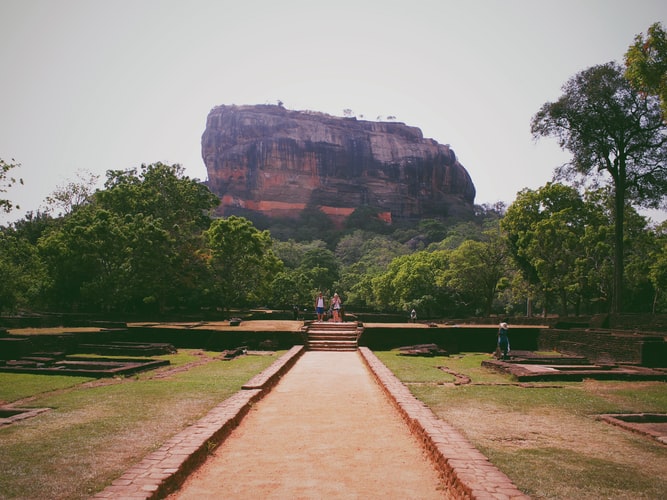
Garden leading up to the Lion Rock. Credit: Unsplash
Also known as the ‘Pearl of the Indian Ocean’ the rocks plateau is formed from magma of an extinct volcano and is 200m higher than surrounding jungles.
During the second half of the 5th century, King Kasyapa decided to construct a royal residence on the plateau, and after his death, Sigiriya became a Buddhist monastery until the 14th century when it was abandoned.
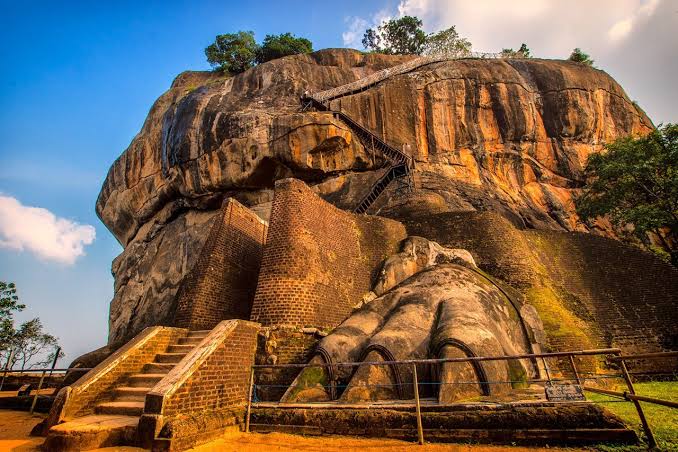
Entrance into the fortress complex. Sourced from @ClioChronicles
Out of its many names, Sigiriya is also known as the Lion Rock. Sigiriya’s main entrance is located on the northern side of the rock where the lion’s paws are. The name Sigiriya derives from the word Sihagri, which translates to Lion Rock.
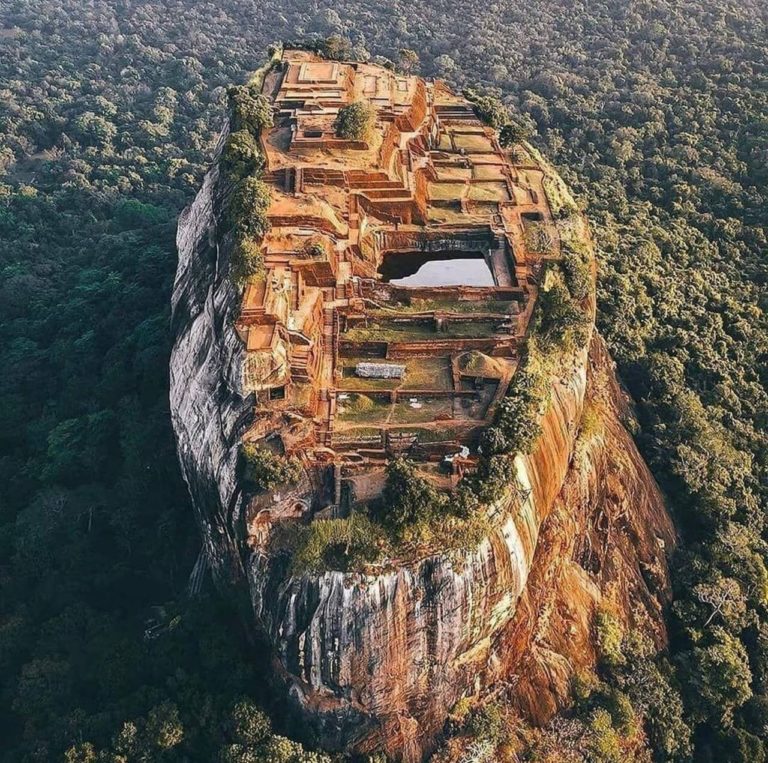
Ancient sky palace sourced from @EneasNoah on Twitter.
The western wall of Sigiriya was almost entirely covered up by frescoes that were created during king Kasyapa’s reign.
The frescoes are presumed to be depictions of his wives, or priestess performing religious rituals.
Sigiriya’s Mirror Wall is one of its most significant features. Back in the days, the wall was polished so well that the king was able to see his reflection in it. Inscriptions and poems written by visitors are painted onto the Mirror Wall and to prove that Sigiriya has been a tourist destination for more than 1000 years, the most ancient writings date back to the 8th century.
Today, painting on the wall is prohibited.
We’ve reached the end of our Bloomberg ‘new’ Seven World Wonders series and if you missed a destination, we’ve got you covered.
ALSO READ
Bloomberg’s ‘new’ Seven World Wonders no 1: Antequera Dolmens, Spain
Source: Sigiriya Tourism
PICTURES: Unsplash, Twitter



